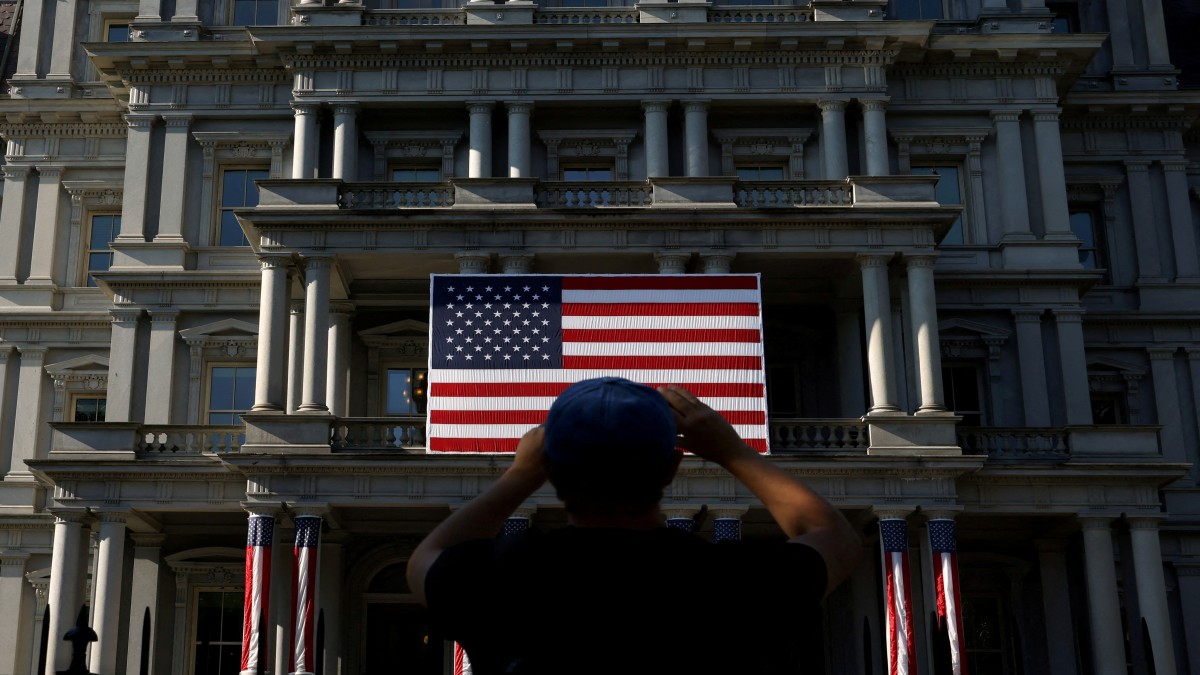Following the success of a pilot programme, the United States plans to establish a formal renewal system for H-1B visa holders, enabling them to extend their visas without having to travel abroad.
The development will benefit millions of Indians working in specialised fields across the US .
Here’s how.
The H-1B renewal initiative
Under the H-1B programme , US-based businesses can hire skilled foreign workers in fields like technology, engineering, finance, and medicine.
The US Department of State launched it a year ago as a trial effort to assess the visa application process.
There were about 20,000 qualified participants who fit the criteria specified in the US Federal Register.
The pilot project’s aim was to expedite and simplify the renewal procedure.
Since the pilot project was effective, the department will be able to implement a formal renewal process in the United States in 2025.
Announcing the same, the US Department of States, in the declaration made in its year-end press statement, said, “The pilot programme enabled many speciality occupation workers from India to renew their visas without leaving the United States. This pilot programme streamlined the renewal process for thousands of applicants, and the Department of State is working to formally establish a US-based renewal programme in 2025.”
Although it has been established that the new process will begin this year, no formal start date has been set.
Benefits to Indians in the US
Professionals under this visa category, most of whom are Indian, have long been concerned about the need to return to India for H-1B visa renewal and restamping.
In addition to the difficulty of spending millions of rupees on airfare, the process was time-consuming, especially because it was difficult to get appointment slots, which often resulted in lengthy wait times and further delays.
Also, India tops all countries in H-1B visa holders, with the majority employed in the technology sector, followed by the medical and research sectors.
In 2022, the US State Department stated that Indians accounted for up to 77 per cent of the 320,000 H-1B visa applications. More than 72 per cent of the 386,000 visas granted in 2023 were issued to Indians.
Indians also make up the largest group of foreign students pursuing higher education or professional degrees in the US, with 331,000 student visas granted in 2024 alone.
The US State Department added that over two million Indians visited the US in the first 11 months of 2024, a rise of 26 per cent over the same period in 2023. It added that the number of Indian visitors had climbed fivefold over the past four years.
H-1B visa costs in 2025
Registration: In March of each year, applicants for the H-1B visa must pay a $10 registration fee to the US Citizenship and Immigration Services (USCIS).
USCIS filing: All H-1B petitions must pay the base $460 fees, and all initial and change of employer petitions must pay the $500 anti-fraud fee.
Additional costs for specific companies: Under the Consolidated Appropriations Act of 2016, employers with more than 50 employees that have over half of their staff on H-1B or L-1 visas are subject to a $4,000 fee, which will be in place until September 30, 2025.
Premium processing cost (optional): Employers can choose to use this service to speed up the processing of petitions to a maximum of 15 calendar days. In 2024, this rose to $2,805.
Employers are typically responsible for paying the H-1B visa fees, although there are rules about certain expenses that could be handed down to employees.
The debate
The move coincides with an ongoing debate about H-1B visas and how they affect American people’s job opportunities.
The hard-right has called on incoming President Donald Trump to terminate the scheme as part of his other immigration-reduction initiatives.
They contend that those with H-1B visas “take away American jobs” and are a “threat to western civilisation.”
However, the H-1B visa program has been supported by Trump himself and several of his top officials, including entrepreneur Vivek Ramaswamy and Tesla owner Elon Musk .
They believe that “America needs talented people, and the H-1B allows the world’s top talent to live and work in the US, which helps the US stay ahead of the global curve on technology, research, and healthcare.”
With inputs from agencies


)

)
)
)
)
)
)
)
)



